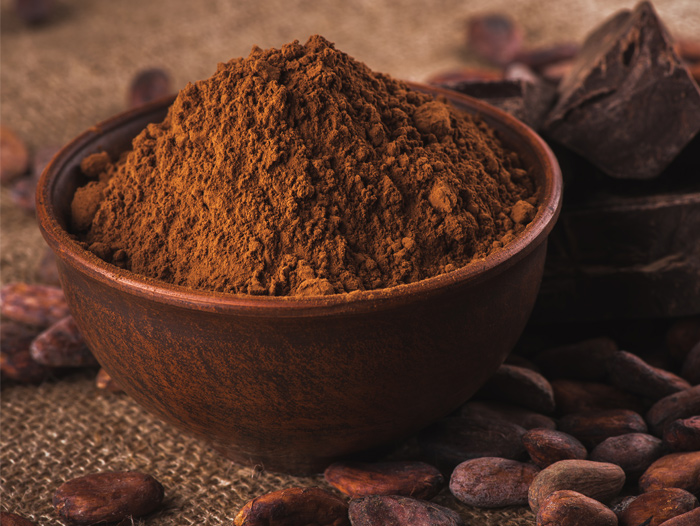Rising Cocoa Prices are Souring the Outlook for Chocolate Candy Makers
February 12, 2024 | 4 min to read
U.S. consumers face rising prices for chocolate as cocoa costs surge nearly 65% over the past year, hitting a 46-year high. A CoBank report projects ongoing hikes in chocolate prices and a decline in sales volume through 2024, despite current strong demand. Sugar prices, which have stabilized somewhat, add to the manufacturers' challenges. With 45% of consumers adopting money-saving strategies, reduced cocoa supplies from Africa may further impact sales, anticipating single-digit declines in both dollar and unit sales.

DENVER — U.S. consumers are paying more for chocolate products as confection manufacturers raise prices in response to the soaring cost of cocoa. Cocoa prices are nearly 65% higher than they were one year ago, and New York futures prices are at a 46-year high. While consumer demand has remained relatively strong, higher retail prices are poised to take a bigger toll on volume sales and stifle category growth through much of 2024.
According to a new research brief from CoBank’s Knowledge Exchange, cocoa prices are likely to remain elevated until a new African crop comes to market in late 2024. Consequently, additional price hikes for chocolate confections throughout the year are likely and any rebound in consumer engagement with the category is unlikely.
“The cocoa issues come at a particularly challenging time for manufacturers, considering the increase in sugar prices they’ve been coping with over the past three years,” said Billy Roberts, senior food and beverage economist for CoBank. “While sugar prices have recently retreated, cocoa futures prices remain near record levels and show little sign of any significant movement. That could lead to a further erosion of chocolate volume sales and begin to impact dollar sales as well.”
Dollar sales of chocolate confections continued to grow in 2023 due to manufacturer price increases. Data from market research firm Circana showed that for the 52 weeks ending Dec. 17, 2023, chocolate candy dollar sales were 6.4% higher year-over-year and 15.3% ahead of two years ago. However, those higher dollar returns came amid pronounced declines in volume sales, which fell 5% on the year and 9.5% from two years prior.
So far, the inflated prices have done little to deter consumer demand, but that could change with further price hikes. Recent data from the National Confectionary Association indicates that 74% of U.S. consumers regard confectionery items as affordable treats. However, 45% of consumers have implemented money-saving measures, such as switching between types, brands, pack sizes and retailers to stretch their candy dollar.
Despite a modest increase in global cocoa production in 2022-23, the International Cocoa Organization projects a global inventory decline of 146,000 tons. Cocoa production in west Africa, which accounts for almost 70% of U.S. supplies, remains below even reduced estimates.
Roberts said tighter cocoa supplies and higher retail prices for chocolate in the U.S. will take a greater toll on sales throughout 2024. “We’re anticipating single digit declines in both dollar and unit sales until pricing stabilizes and consumer discretionary incomes rebound,” he said.
Read the research brief, Volatile Cocoa, Sugar Prices Smack Confectionery Industry.
About CoBank
CoBank is a cooperative bank serving vital industries across rural America. The bank provides loans, leases, export financing and other financial services to agribusinesses and rural power, water and communications providers in all 50 states. The bank also provides wholesale loans and other financial services to affiliated Farm Credit associations serving more than 77,000 farmers, ranchers and other rural borrowers in 23 states around the country.
CoBank is a member of the Farm Credit System, a nationwide network of banks and retail lending associations chartered to support the borrowing needs of U.S. agriculture, rural infrastructure and rural communities. Headquartered outside Denver, Colorado, CoBank serves customers from regional banking centers across the U.S. and also maintains an international representative office in Singapore.
